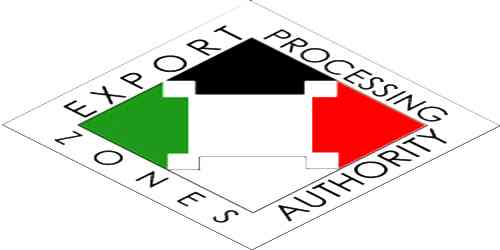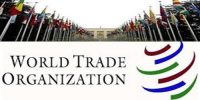Objectives of Export processing zones (EPZ)
Export processing zones (EPZs) are areas within developing countries that offer incentives and a barrier-free environment to promote economic growth by attracting foreign investment for export-oriented production. They are spatially delimited areas in which manufacturers produce goods that are largely aimed at export markets.
The Export processing zones are established in strengthening the exporting business of the country. EPZs generally offer export‐oriented investors a host of advantages in relation to the domestic investment environment. Most EPZs offer a simplified administrative environment, enhanced infrastructure, access to land and factory shells, and reliable utility services.
EPZ is involved to increase the exporting probability in the international market, with the objective of achieving the desired economic growth. The objectives of EPZ policy are to create new jobs, increase growth in exports and foreign exchange earnings, help economic diversification and industrialization, and provide access to foreign technology and management expertise.
The other main objectives of EPZ can be summarized as follows:
- Pronging rapid industrialization in the country
- Increasing export earnings
- Expanding the use of advanced technology
- Enhancing the employment rate and thus improving the standard of living
- Broadening the scope of foreign direct investment
- Establishing the assembling industry
- Attracting the investment of immigrants to the domestic market
- Creating the proper use of human and the non-human resources of the country
- Increasing reputation and demand of the national products in foreign countries
- Arrangement of more foreign exchange
- Increasing the labor and management skills of the people of the country
- Bringing an infrastructural development to the entire country
- Improving the strong relationship with the other countries
- Joining the globalize international market to get advanced marketing facilities and to achieve great commercial benefits.
- Trade transaction costs are normally reduced by allowing for a combination of duty‐free imports of raw materials, intermediate goods, and capital goods as well as streamlined and onsite customs services.
The overall benefits to the host country are not clearly measurable as there are the initial development costs of creating the infrastructure for the EPZ, as well as the tax incentives offered to foreign investment.
To make the economic condition of the country stronger, the necessity of achieving the above objectives is needed not to be described. By overcoming national investment climate barriers within a limited area, the government seeks to avoid the adjustment and political costs of implementing the reforms at the national level. But the EPZ should be faster forward regarding the modem goal achievement.
















